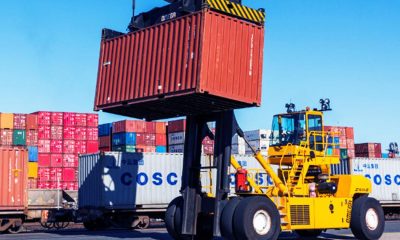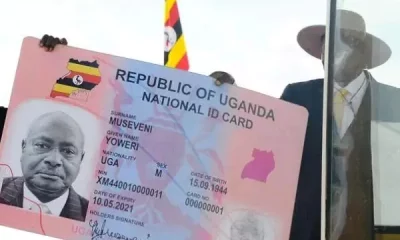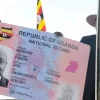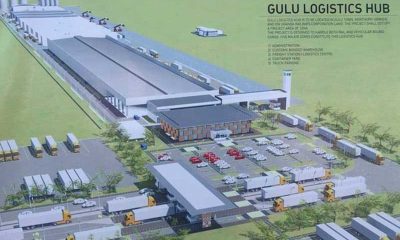Uganda Revenue Authority (URA) has successfully intercepted a significant smuggling operation at the border between Uganda and Kenya, seizing six trucks carrying a total of 1,900 bags of smuggled Simba cement. This operation highlights the ongoing challenges faced by authorities in curbing illicit trade activities along porous border points.
According to Ibrahim Bbossa, the URA Spokesperson, the majority of the confiscated goods, consisting of 1,500 bags weighing 50 kilograms each, lacked the required digital tax stamps and had not met the essential customs obligations associated with cement importation.
This classification as smuggled goods is a serious violation of Uganda’s taxation and customs regulations.
Bbossa explained that the intercepted trucks, which included UBK148Z, UBK239P, UBB717U, UBN469B, UBN430K, and UBH412T, were all attempting to transport 250 bags of unstamped cement. Two additional trucks, UBN308N and UBH736B, were caught smuggling 250 bags and 150 bags of stamped cement, respectively. However, even the stamped bags failed to produce customs import documentation confirming the payment of the required tax dues.
What’s particularly concerning is that these trucks used a single import document for one truck of cement to smuggle in three or more vehicles, evading their customs tax obligations.
In Uganda, the consequences for failing to affix or activate a tax stamp are severe. Offenders are subject to a penal tax equal to double the tax owed on the goods or UGX 50 million, whichever is higher, as stipulated under Section 19B (1) of the Tax Procedures Code Act (TPCA) 2014.
This highlights the government’s commitment to cracking down on tax evasion and smuggling.
The URA’s efforts to combat illicit trade extend beyond imposing hefty penalties. Other enforcement measures include the seizure of goods, the closure of business premises, and the initiation of distress proceedings or prosecution against those involved.





















